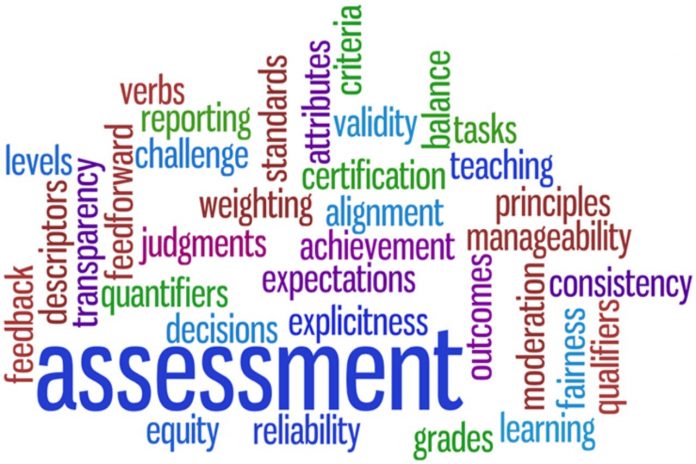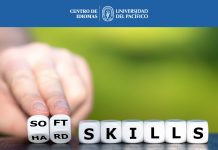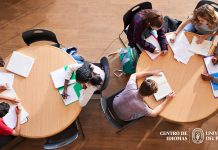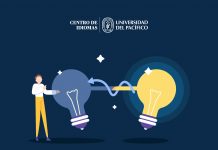Corroborating students’ effective learning is one of the central concerns for us teachers, especially at the end of the school year. The question is whether by this time we have at our disposal the precise information to substantiate students’ learning achievement. Is it enough to take the final exam and bestow the scores to say the process has been accomplished and everybody is ready to move on to the next step?
Unfortunately, the standards oblige institutions and English teachers to follow the system and the fact of being involved in this, makes teachers finalize the academic year with still another exam. One more with the same characteristics: structure, scores, and out of the expected context of production. Frequently, exams are taken from the textbook CDs, thus limiting teachers´ creativity and ways to exploit students’ performance in real-like contexts; and this does not only occur at the end of the year, but during the whole leaning process as well.
When do students learn more effectively?
Practice has shown that when students know what the learning goals are they get more involved and try harder to make things work. The suggestion: good planning. This will provide students better performance opportunities and allow teachers to implement a goal-oriented coaching process. This may sound unconvincing at first, but effective learning requires attention to outcomes and demands the acquisition of the know-how that leads to those outcomes. Here is when assessment helps the learning process and provides information to identify which students learn best under what conditions. So teachers are able to make the necessary adjustments at the right time.
Assess, why?
Assessment results can be used for many purposes. However, applying the following: a diagnostic assessment at the beginning of the school year, formative assessment during the whole process, and the summative assessment at the end of it, not only will allow teachers to get information to gauge the course grades, but to know how much students have learned.
Assess, what?
On the other hand, what to asess is one of the greatest challenges foreign language teachers face due to the pressure to encompass the curriculum. This often converts teachers into mere data providers; and, as a consequence, unnecessary papers are assigned, and too many tests are applied which do not produce the expected results. The point is, teachers need to monitor progress toward the intended goals in a spirit of continuous improvement. Beginning with clear objectives should be the first step. Later on, setting different aims will require different types of assessment. Some of them will facilitate to provide the necessary data, while others will serve to empower students to identify their best way to learn. This second group of assessment tools will help students to become problem solving, decision making, creative individuals, and much more, just as the new generation of students needs to be.
Designing assessment instruments to do what you want?
It has been stated that where program purposes lack specificity or agreement, assessment as a process moves forward toward clarity about where to aim and what standards to apply. With the advent of norms, it is expected to see students performing in authentic contexts and situations using the foreign language they learned in class. So assessment will demonstrate that students reached the standards in bigger or lesser dimensions.
The end of the year is approaching and we should ask if students are ready to be problem solvers, critical thinkers, tech savvy, you name it.
As educators, our responsibility is huge. If we don’t have a clear idea where we are going, we may or may not get there. Performance assessment will allow us to check not only for engagement, but also for deeper learning. Effective assessment is no longer done to students, but with them.
Thanks for following and telling us how you are using assessment
to empower students to own their learning.
Bio Data:
Carmen Hurtado, graduated in the educational field and studies in EFL – Universidad de Piura with over more than 20 years of experience teaching English, Spanish and tutoring students of different age-groups with great satisfaction. She has also participated as a lecturer in the late Annual Congresses at CIDUP and is currently working as Academic Coordinator at Universidad del Pacífico Language Centre.
Estimated reading time: 3 minutes, 32 seconds










